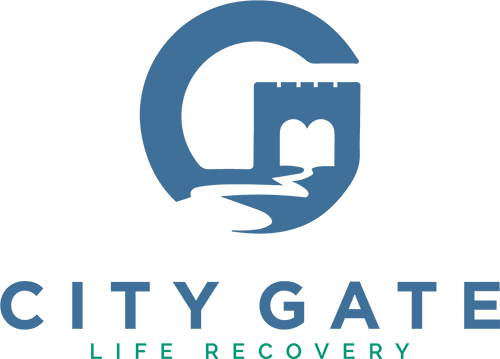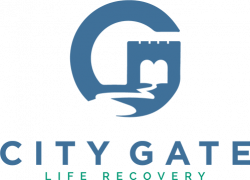- Home
- Sex Addiction and Relationships – Family and Friends
It’s the elephant in the room. Your family member or friend has been acting distant, indifferent, and not open to discussing what’s wrong. There’s a heaviness.
Perhaps whispers of some form of addiction have been shared. There are signs that may include financial hardships, drastic mood changes, and employment issues. You’re looking for help, however, other family and friends are either enabling your loved one or distancing themselves. You feel isolated.

Before you get to the heart of the matter with direct, mindful communication—you need an effective, empathetic plan. Review our resources and give us a call if you’d like to speak with counselors who have helped thousands recover from sex addiction.
How to Support Someone Recovering from Sex Addiction
It takes courage to express the impact of a loved one’s addictive behavior on yourself and even more to continue to support and be there for them through it. The fact that you are seeking support for them and/or yourself is already evidence of moving in the right direction and shines a light on the possibility of recovery and reconciliation.
The more people who are impacted by the consequences of your loved one’s behavior, the more likely they will seek help. The reality of the damage their behaviors have caused not only on themselves but those they care about helps put into perspective the seriousness of their addiction. Feel free to check out our website for more information and support to provide when you’re ready to have that talk.
Knowing someone who is addicted to sex impacts loved ones in unique ways. Some people can manage it on their own, while others may find it harder to process and deal with, often suffering from depression, anxiety, hopelessness, among other issues.

You're Not Alone
Having a loved one suffering from sex, porn or love addictions can significantly impact our overall health and well-being. We encourage you to seek support for yourself as you too process and heal from the impact of your loved one’s behavior. Feel free to peruse our self-study resources or fill in our intake form to meet with a therapist for guidance whether to address your loved one’s behaviors or to help you heal and recover too.
Frequently Asked Questions
It depends on each unique family and friends, but for the most part, yes. When someone is struggling with a sex addiction, they’ll likely not themselves. They’ll be distant, emotional, and possibly be engaging in activities that are dangerous to their health. All of this can take an equally devastating toll on the sex addict’s family and friends. This is why we recommend that family and friends of a sex addict should also seek counseling, especially if they’re highly invested in the relationship, and experiencing such things as depression or self-blame.
While some addictions can be linked to one’s genetic predisposition, the consensus is still mixed when it comes to sex addiction. Most research points to a person’s genetic predisposition toward compulsive behaviors, depression, and anxiety that can be underlying precursors to addiction.
For those who see that sex addiction is genetic, they point to underlying chemical irregularities that are passed down from one generation to another, such as oxytocin regulation (not to be confused with the drug oxycontin). Another condition that can be linked to sexual addiction is high levels of hormones, however, it’s more an influential factor to people already predisposed to compulsive behavior.
Similarly, it can also be a learned pattern of coping behavior. For example, if you saw a family member cope with stress in a certain way growing up, say smoking cigarettes, you are more likely to adopt smoking as a coping behavior, since it is familiar and endorsed by family. Therefore, if you stumbled onto your dad’s or brother’s porn magazines or web search history you may adopt similar styles of coping.
As part of therapy, we’ll dive deep into your family history to build insight into your unique journey.
There is research that shows sex addicts are more likely to have suffered abuse or neglect at an early age. Our friend Patrick Carnes, PhD, found that 85% of sex addicts have suffered from physical, emotional or sexual abuse or neglect before their 18th birthday. The family structure that often produces sex addicts are known to have high standards for their children yet are “disengaged”. The family requires high standards to be met, but aren’t invested in teaching the child how to meet their goals. This can leave children scrambling to “figure it out on their own” which can lead to using observed negative coping skills as means to mediate the anxiety of the unknown standards. This is another reason why sex addicts need to be approached with compassion and empathy, and a willingness to understand.

